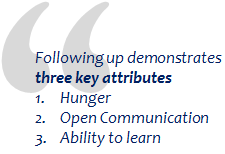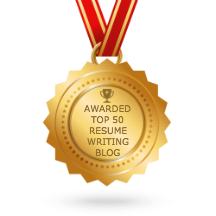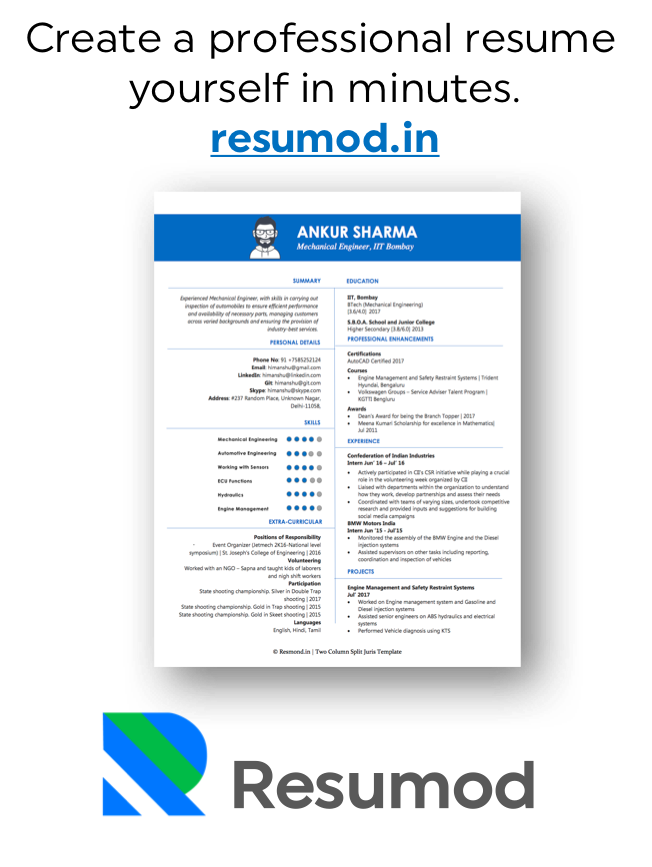Anish and Nishant are 2 extremely talented Marketing guys. They both apply to the position of Senior Promotions Manager at a reputed firm in upmarket Mumbai. Both appear for interviews, but there is only one vacancy. Out of the 27 candidates interviewed, Anish gets selected while Nishant never receives a call back. Disheartened, Nishant gets back to work and starts applying elsewhere. But not before writing an email to the HR Manager of the marketing firm. The email only states a few lines thanking the employer for the opportunity and letting them know that it was a good learning experience and that “I would look forward to applying again in the future after working on the few weak points exposed during my interview”.

A few weeks later, Nishant is again contacted by the same HR manager and is given the job! Reason: Anish decided not to join (due to the low compensation) and when they tried to review all the other candidates, they found only Nishant had been prudent enough to contact the HR again and thus demonstrated good communication and learning capabilities. Needless to say, Nishant was preferred over everyone else.
This is a true story.
And this is what a Follow Up letter does. Always. You might argue that Nishant was lucky as Anish did not join, but then weren’t all the other 25 candidates too? It was this judiciousness of writing a letter to the HR manager which got Nishant the job, where it could have gone to anybody else.
It happens very often that during an interview, the panel member notices a weakness in your technical ability on a certain aspect. A follow up letter then becomes your best chance to reiterate your interest in the position and recap how you are willing to work on that one weakness to suit your candidature for the position.
A follow up letter or thank you letter demonstrates 3 things in any candidate (as it did in Nishant’s case)
1. Hunger for the job, and hence hunger for achieving something
2. Good and open communication characteristics, a very important trait in any job at any level
3. Ability to accept ones mistakes, and ability to learn and move forward
Following up tells the person on the other side that you care, that you are not just another passive candidate. And most importantly, it tells the employer that you are not here for just ‘another offer letter’. You are a serious candidate who is genuinely interested in this job and are trying hard to get it.
So follow up, with the HR manager, Employer, Job Consultant and even in your day to day routine and interactions. Follow up where you want to see things moving in your favour – afterall, you cannot leave all things to chance!
How to follow up?
Write the employer an email within 24 hours of your interview. Start off by thanking the person on the other side for their time and patience in dealing with you. Carry it forward by letting them know how the interaction went for you and what all you plan to take forward constructively from the discussion. End it by telling them how much you would look forward to another such opportunity to prove your mettle.
If you need help in writing a follow up or a thank you letter, get in touch with us.
Happy following up!



